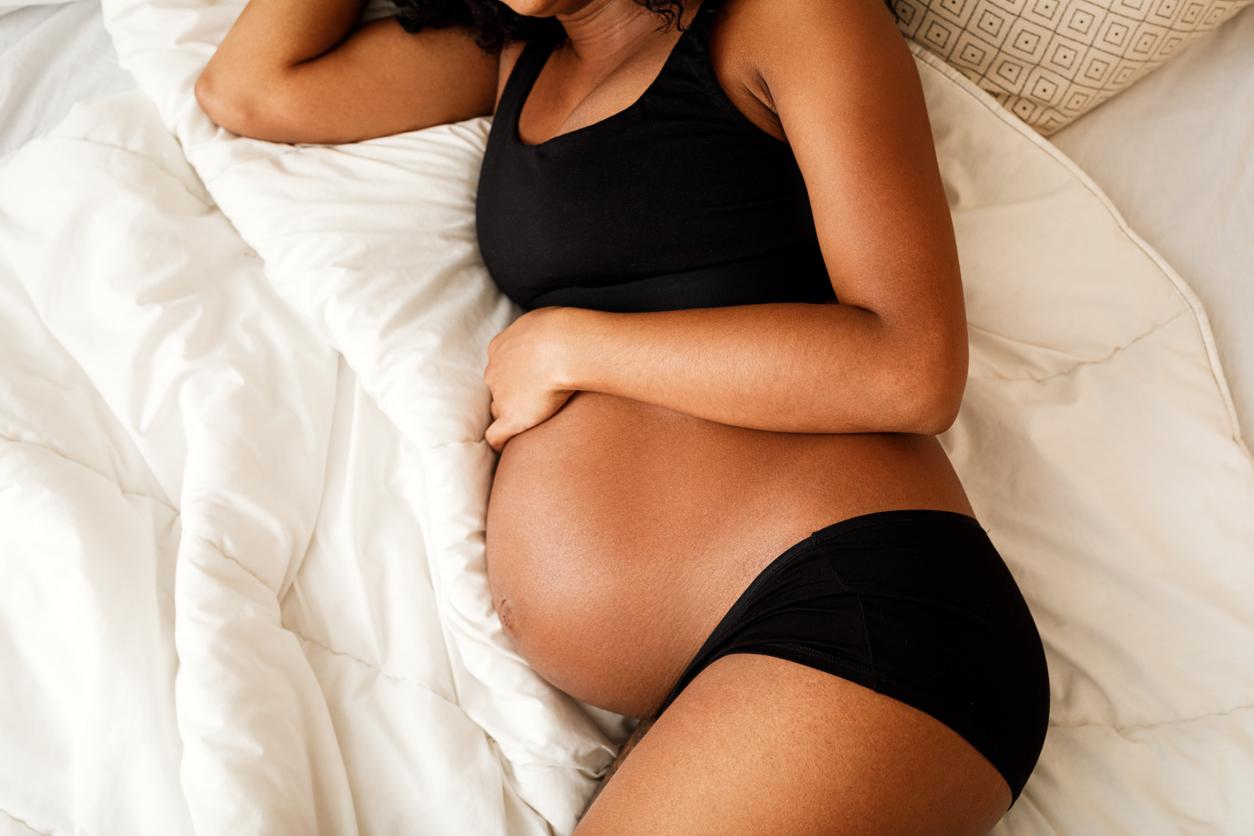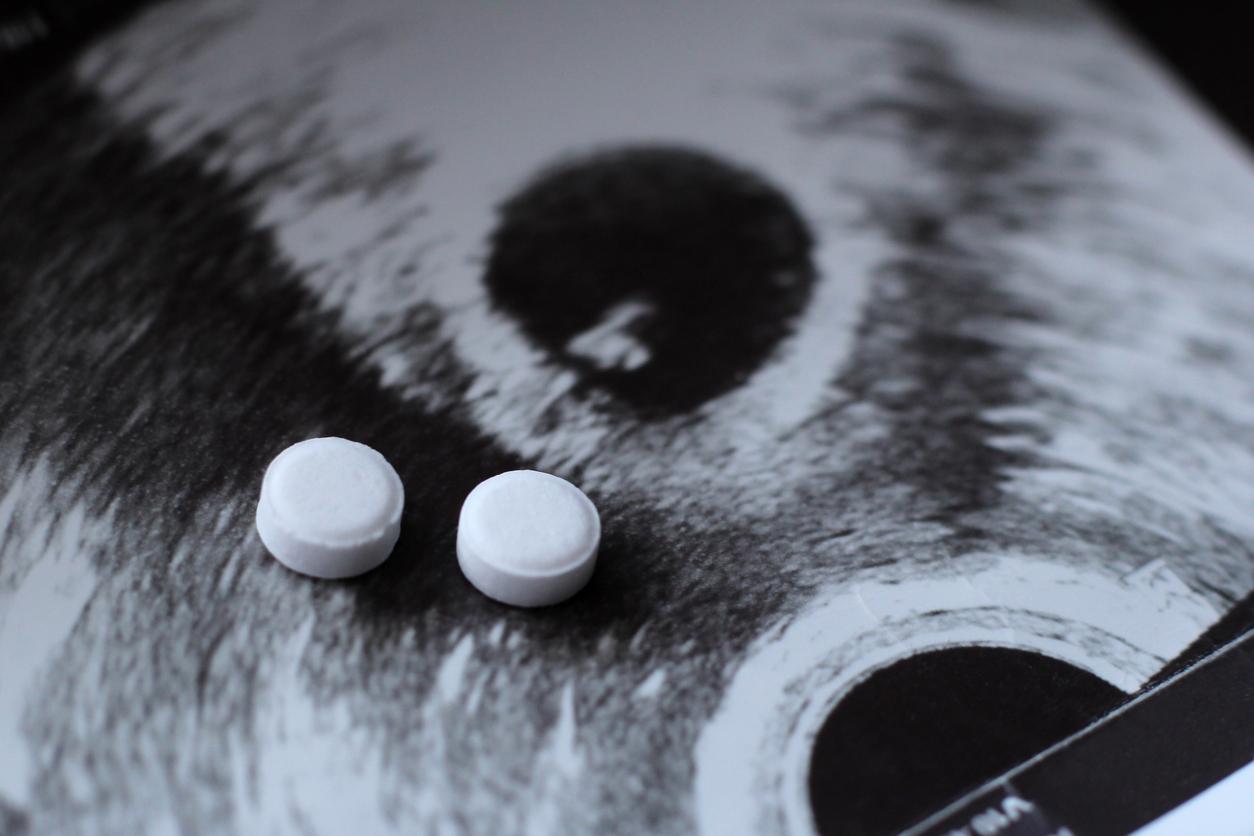Ashley Zambelli, a 23-year-old American, discovered that she has Down syndrome during her pregnancy.

- A young American was diagnosed with trisomy 21 at the age of 23.
- She has a form of trisomy called trisomy mosaic.
- Trisomy mosaic has milder physical signs.
Until she was 23, Ashley Zambelli, a 23-year-old American, did not know that she suffered from trisomy 21. During her sixth pregnancy, tests revealed that the baby she was carrying had this disease. This was also the case with a child she miscarried in 2019 and another she gave birth to in 2020.
Trisomy 21 diagnosed during pregnancy
Generally, when a child has trisomy 21, one of his parents is too. So the doctors decided to give him some tests. Result: the diagnosis fell, Ashley Zambelli had trisomy 21. “Many people associate it with a facial disability, explains Ashley Zambelli to The Independent. [Mais] it is not always visible. I was very happy to know that. People shouldn’t see genetic testing as a bad thing.”
Trisomy 21, also called Down syndrome, is one of the most common chromosomal abnormalities, which is due to the presence of an extra chromosome 21. Generally, children who are affected are small, have a delay in physical and mental development and a specific facies.
The young woman with mosaic trisomy
But why does Ashley Zambelli show no signs of the disease? Because she has what is called “trisomy mosaic”. It is a rare form with fewer physical and/or psychomotor characteristics. Indeed, according to MSD Manual“some individuals with mosaic Down syndrome have very subtle clinical signs and may have normal intelligence.”
Nevertheless, according to The IndependentAshley Zambelli had mild signs such as a high heart rate, jaw dysfunction or even poor concentration at school… Symptoms which can now be explained by trisomy 21 but which, at the time, did not did not clearly indicate this disease to him.
Today, the American confides that she still has trouble understanding certain types of humor and does not always pay attention to what she says.
According to High Authority of Health (HAS), trisomy 21 affects about one in 400 pregnancies.















